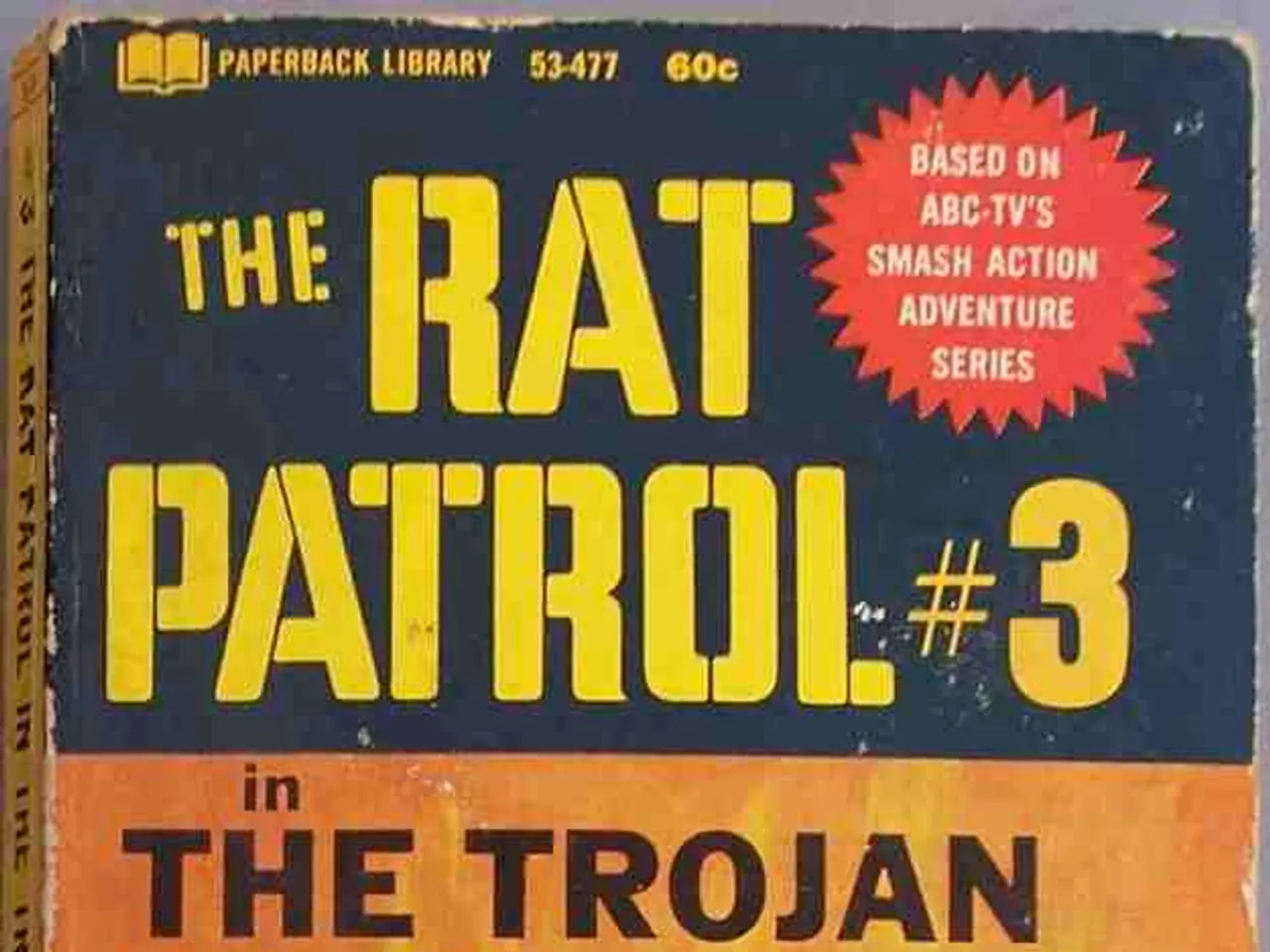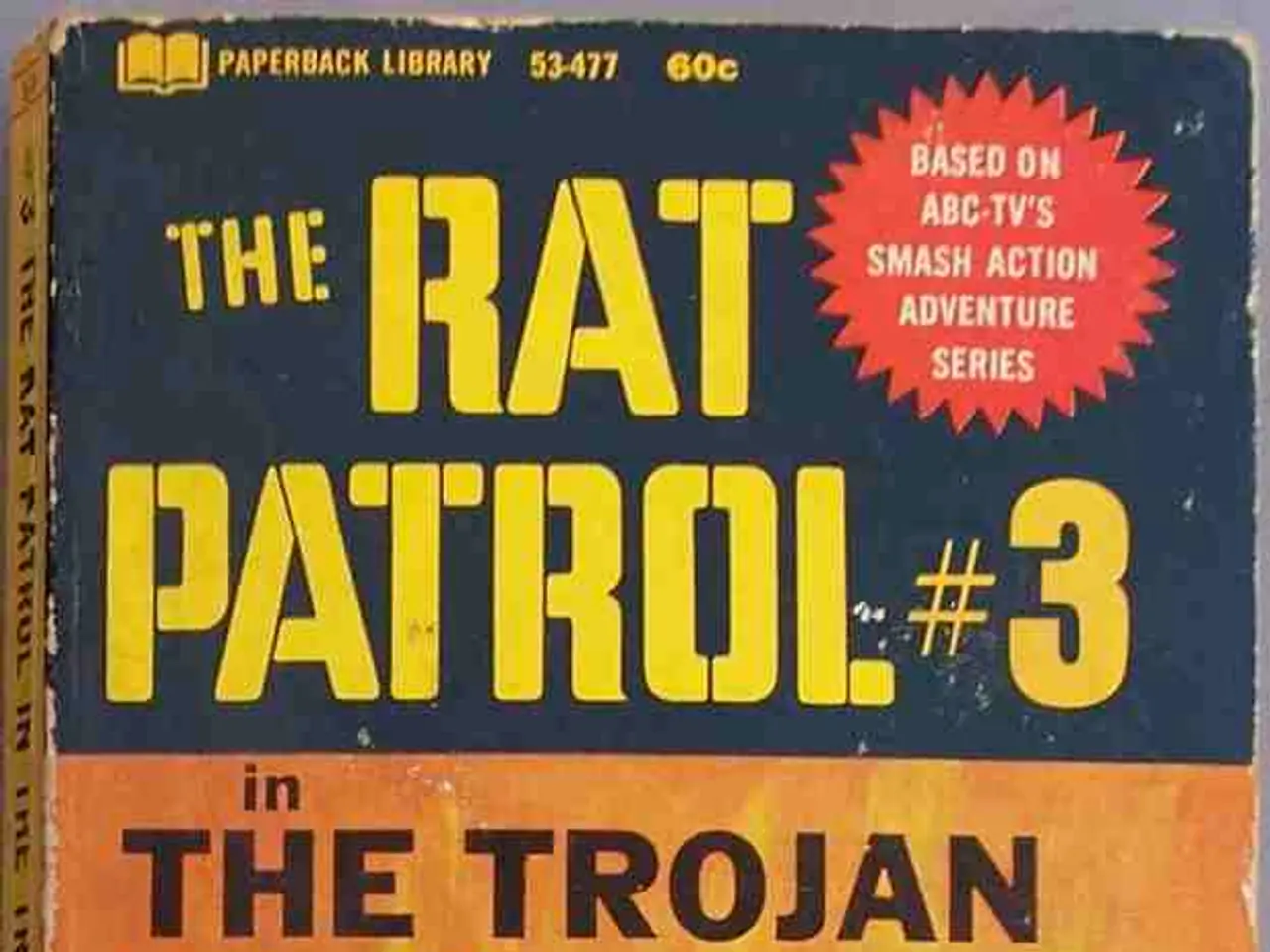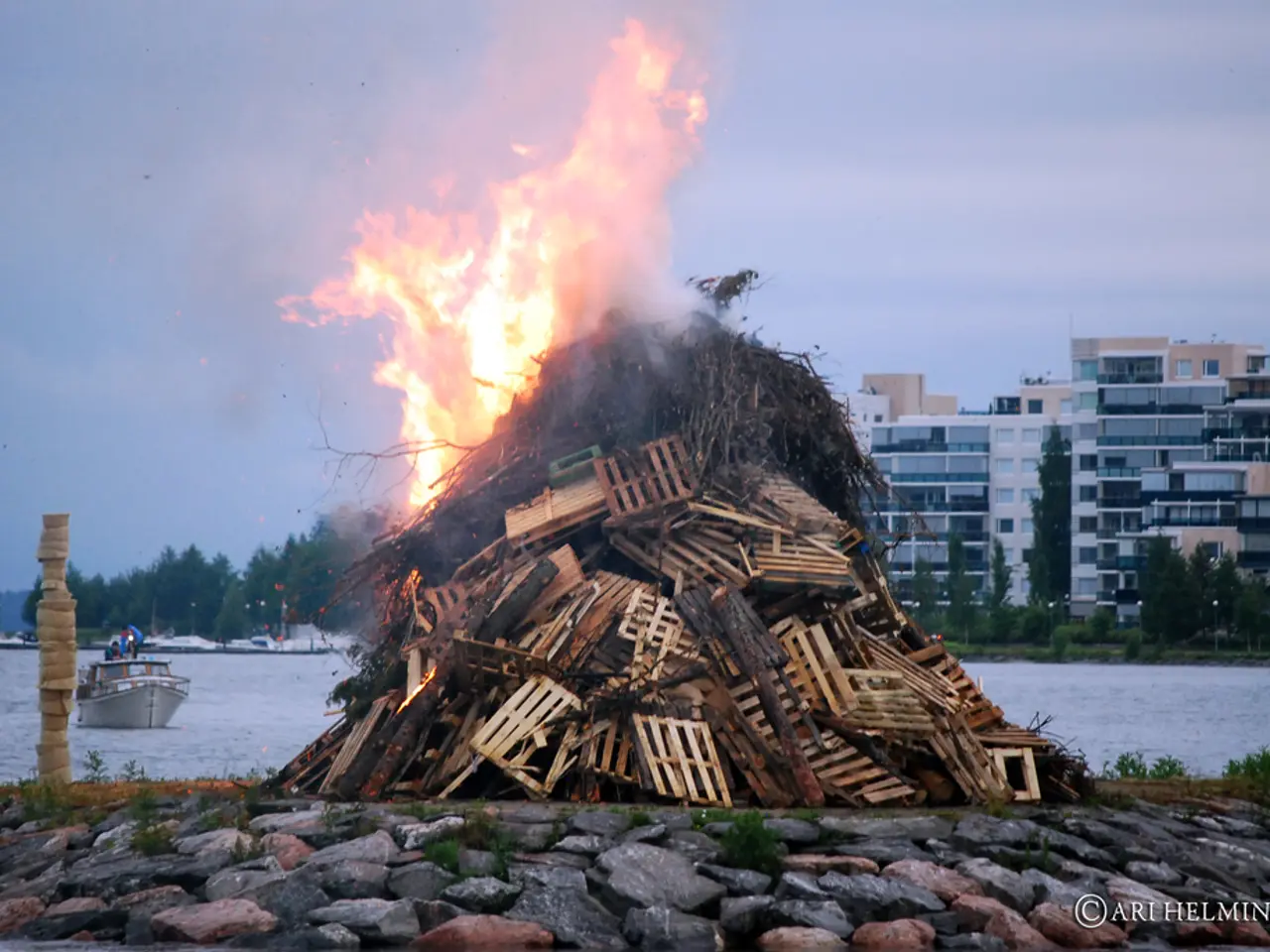Chaos in Iran as Trump Signals Nuclear Talks Resumption
Iran rejects Trump's proposals: No talks scheduled as per their standpoint
In a surprising turn of events, President Donald Trump has expressed his desire for negotiations on Iran's nuclear program to restart. However, Iran has flat-out rejected any talks, mudding the waters on the future of these high-stakes discussions.
Clashes between Iran's top officials on the extent of damage to their nuclear facilities have surfaced. While Supreme Leader Ayatollah Ali Khamenei downplayed the impact of U.S. attacks, Foreign Minister Abbas Araghtschi described the aftermath of the 12-day war with Israel as "devastating." Araghtschi has also dismissed any plans for Iran to rejoin the negotiating table.
Politics: Iran's Nuclear Facilities Under the Microscope
Khamenei, in a televised video message, dismissed Trump's claims, stating that the attacks had "no significant impact" on Iran's nuclear infrastructure. He also contended that Iran's nuclear program was not set back by decades, a counterpoint to U.S. assertions.
Contrarily, Araghtschi shared that the Iranian Atomic Energy Organization is assessing the damage, with "expert studies" and "political decision-making processes" underway.
Politics: Turning Tables on Talks
Trump had previously announced plans for nuclear talks with Iran to take place in the coming week, suggesting that an agreement could be reached. Araghtschi, however, made it clear that no such negotiations are in the works. "There is no agreement, no arrangement, and no talks for the resumption of negotiations," he said.
News in Brief: Battle Cry
The Israel-Iran conflict, which erupted nearly two weeks ago, was triggered by Iran's advanced nuclear and missile programs. The war ended with a ceasefire on Tuesday after 12 days. The U.S. had earlier bombed Iranian nuclear facilities, claiming they were "obliterated" and "completely destroyed."
Politics: Europe's Strong Stance
German Foreign Minister Johann Wadephul believes the Europeans are in a strategic position in potential negotiations with Iran. The EU could use the snapback mechanism to impose sanctions on Iran, exerting significant influence. The Vienna Agreement, albeit no longer actively enforced, remains in effect until October 2025, giving Europeans the opportunity to reinstate tough UN sanctions on Iran.
Source: ntv.de, raf/dpa/AFP
- Iran Conflict
- Iran Nuclear Program
- Donald Trump
- USA
- Israel-Palestine Conflict
Insights:
- The internal political landscape of Iran is witnessing a debate between pragmatists advocating for diplomacy and hardliners pushing a firm stance on nuclear weapons.
- Iran has expressed discontent with the seeming failure of the Nuclear Non-Proliferation Treaty to protect its nuclear program, with talk of potential withdrawal from the treaty.
- The Israeli strikes on Iranian nuclear facilities in mid-June 2025 caused disruption to diplomatic progress and increased tensions.
- Iran has refuted the legitimacy of reports from the International Atomic Energy Agency, challenging external interference in its nuclear program.
- The European Community, in light of the recent escalation in the Iran-Israel conflict, is considering the potential use of the snapback mechanism within the framework of the Economic and Monetary Union, aiming to exert significant influence in any future negotiations over Iran's nuclear program.
- Despite Donald Trump's calls for resumption of nuclear talks with Iran, the Iranian government, under the leadership of both Ayatollah Ali Khamenei and Foreign Minister Abbas Araghtschi, has consistently rejected the notion of negotiations, emphasizing their commitment to maintaining a strong, independent nuclear program and challenging external interference in their affairs, as reflected in their stance on the Nuclear Non-Proliferation Treaty and the International Atomic Energy Agency.





